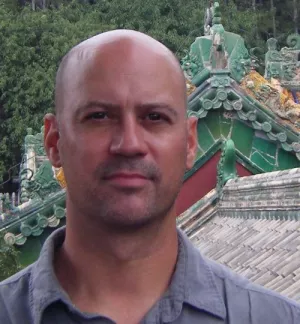Overview
During the Cold War, debates and questions among Western citizens and scholars concerning the communist world simmered: Among communist leaders, what was the level of ideological commitment to Marxism-Leninism and Stalinist thought in their regimes? Were independence movements in Asia and elsewhere more nationalistic or entirely controlled by communists? With the publication of landmark works of scholarship by Tuong Vu and Alec Holcombe, those debates now appear resolved: in the Democratic Republic of Vietnam (DRV), communist ideology guided and shaped nationalism as a tool. Nationalism, the "truth," equality before the law, and other virtues were, above all, simply means to achieve the more important goals of gaining and holding power. Vietnamese communist leaders understood, perhaps better than any other revolutionary movement since the Bolsheviks, the nature of revolutionary politics and how to harness and wield power against external threats and even self-made disastrous domestic policy.
Moir, Nathaniel L. "Review: Vietnam's Communist Revolution: The Power and Limits of Ideology, by Tuong Vu; Mass Mobilization in the Democratic Republic of Vietnam, 1945–1960, by Alec Holcombe." Journal of Vietnamese Studies, vol. 17. no. 1. (Winter 2022): 58–66.
The full text of this publication is available via Journal of Vietnamese Studies.




